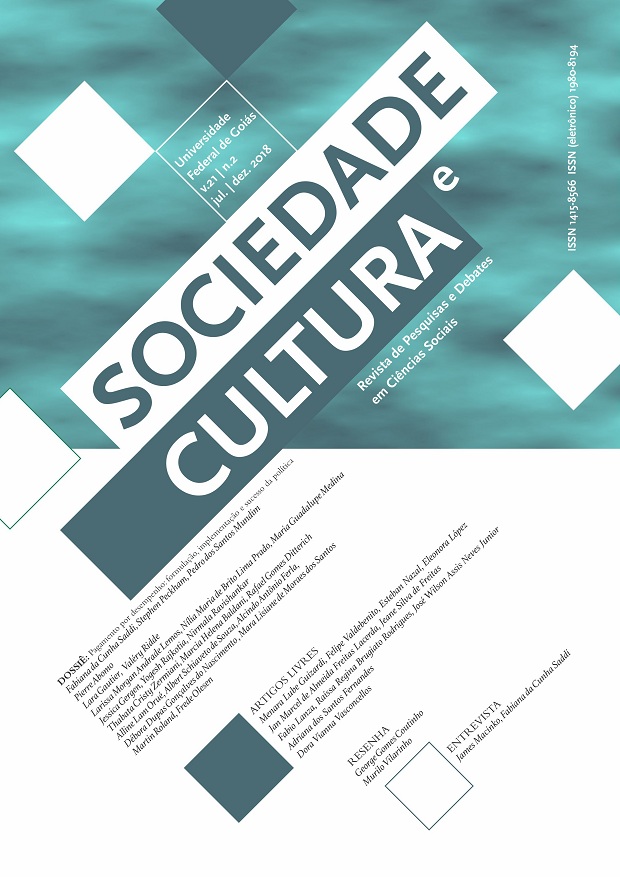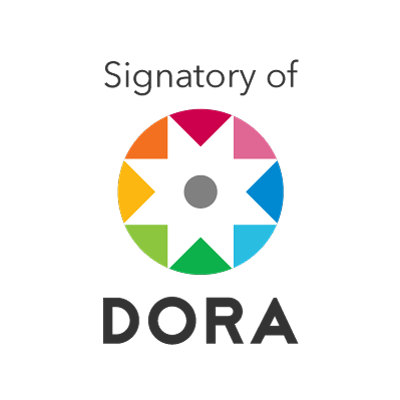Did the learning agenda of the world bank-administrated health results innovation trust fund shape politicised evidence on performance-based financing? A documentary analysis
DOI:
https://doi.org/10.5216/sec.v21i2.56310Palavras-chave:
Performance-based financing, Literature review, Documentary analysis, The world bank, Impact evaluation, Politics of evidenceResumo
The World Bank, co-funded by Norway and the United Kingdom, created and managed an innovative financing mechanism, the Health Results Innovation Trust Fund (HRITF), to support performance-based financing (PBF) reforms in low- and middle-income countries. From its inception in late 2007, until the closing of fundraising in 2017, it has carried out a wide range of activities related to experimenting PBF. In conjunction with the World Bank, which positioned itself as a “learning organisation”, donors have pushed the HRITF towards developing a specific learning agenda for documenting the policy impact of PBF. This learning agenda has been primarily based on impact evaluations of PBF pilot programmes. As a new body took over the HRITF’s portfolio (Global Financial Facility),
a documentary analysis of this learning agenda is timely. Building from public policy concepts that have been applied to social and health policy, and knowledge translation literature, we examine the learning agenda implemented by the HRITF over these 10 years. Our data includes documentation and publications (N=35) on HRITF and from the HRITF online platform. Results indicate that on several fronts, the HRITF shaped some form of politicised knowledge, notably in the ways country pilot grants were designed and evaluated. Some of its learning activities also provided opportunities for a transformative use of knowledge for World Bank staff as well as national implementers and policymakers. We also provide reflections about the HRITF’s preferred approaches to produce knowledgeand learn.
Downloads
Downloads
Publicado
Como Citar
Edição
Seção
Licença
Autores/as que publicam nesta revista concordam com os seguintes termos:
- Autores/as mantêm os direitos autorais e concedem à revista o direito de primeira publicação, sendo o trabalho simultaneamente licenciado sob a Creative Commons Attribution License, o que permite o compartilhamento do trabalho com reconhecimento de autoria e da publicação inicial nesta revista.
- Autores/as têm autorização para assumir contratos adicionais separadamente, para distribuição não exclusiva da versão do trabalho publicada nesta revista (ex.: publicar em repositório institucional ou como capítulo de livro), com reconhecimento de autoria e da publicação inicial nesta revista.
- Autores/as têm permissão e são estimulados/as a publicar e a distribuir seu trabalho online (ex.: em repositórios institucionais ou na sua página pessoal) a qualquer ponto antes ou durante o processo editorial, já que isso pode gerar alterações produtivas, bem como aumentar o impacto e a citação do trabalho publicado (veja O Efeito do Acesso Livre).


 Esta revista está licenciada sob a licença
Esta revista está licenciada sob a licença 
